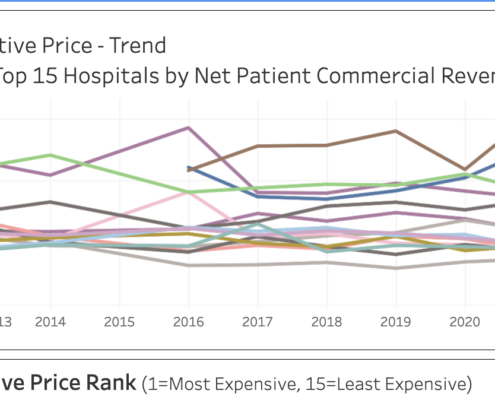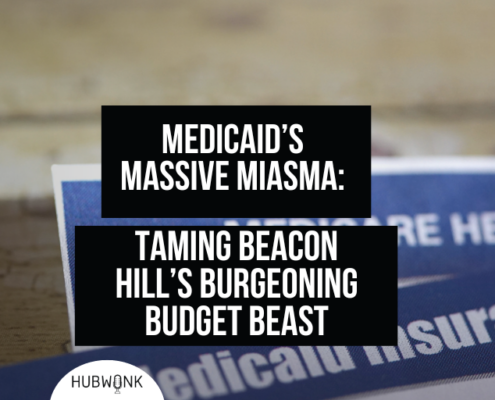Public Statement: SJC Decision on Prop 80
Pioneer Institute and its public-interest law initiative, PioneerLegal, applaud the decision of Massachusetts Supreme Judicial Court (SJC) in Christopher Anderson et al. v. Maura Healey.
The SJC upheld decades of precedent in finding that Proposition 80, a ballot initiative that would have instituted a graduated income tax in Massachusetts, violates the “relatedness” provisions of state constitution, thereby precluding voters from expressing a unified statement on public policy.
The Institute, through PioneerLegal, filed an amicus brief with the SJC in support of the plaintiffs before the Court heard oral arguments in February. The Tax Foundation also signed onto the brief.
Pioneer research looked into key legal issues and the negative economic impact that would have resulted from adoption of the ballot measure. The Institute also shared facts with community and business leaders, elected officials, the media and the general public through social and traditional media channels.
Pioneer studies demonstrated that a proposed millionaires tax in Massachusetts would:
- Accelerate the out-migration of businesses and high earners;
- Ensnare an ever-increasing share of the population over time because it includes an inadequate inflation adjustment index;
- Double the effective tax rate for high earners and exacerbate the measure’s economic damage because of the limit on deductions for state and local taxes included in the recent federal tax law;
- Generate less than the projected $1.9 billion in annual revenue and increase the Commonwealth’s top capital gains tax rate from 25th highest in the country to second;
- Leave Massachusetts with the sixth highest capital gains rate in the world; and
- Lead to a “Connecticut effect,” that is, slower growth, an employer exodus and declining tax revenue;
- Finally, the Pioneer released a report thoroughly debunking the methodology of Stanford Associate Professor of Sociology Cristobal Young, whose research served as a singular point of reference for ballot proponents and media outlets that claimed “millionaires” don’t move out of high-tax states.
Alleviating these negative impacts would have taken a minimum of three years, since the measure would have amended the state constitution rather than just change state law. Massachusetts residents, employees and businesses are all beneficiaries of the SJC’s wise decision.
Stay Connected!
Related Posts





















